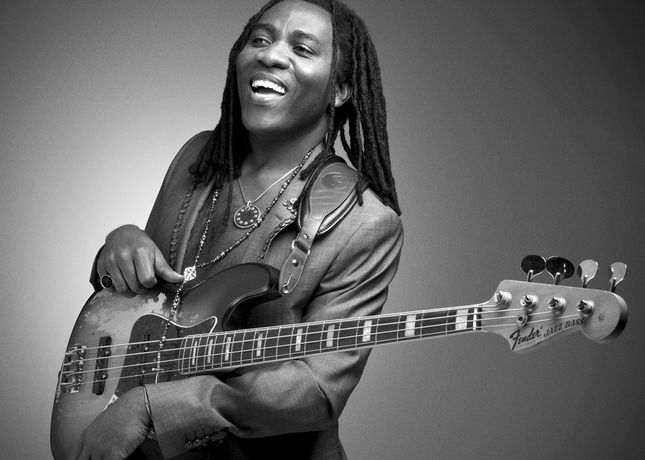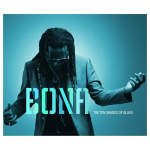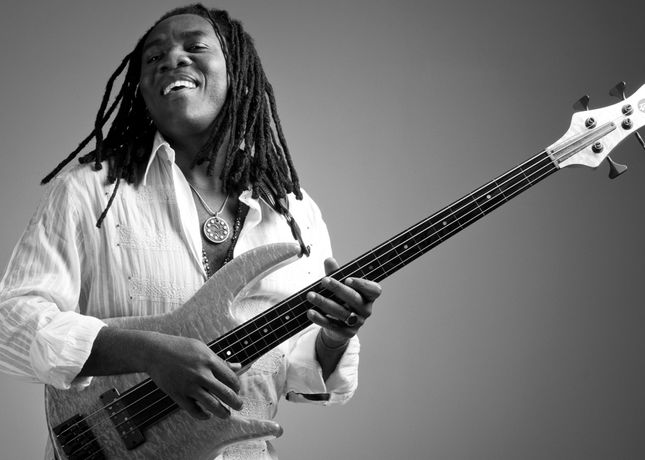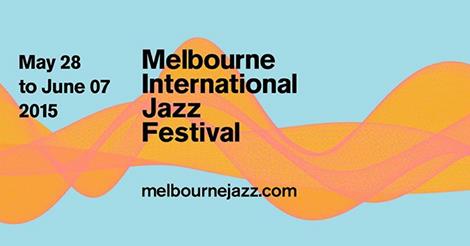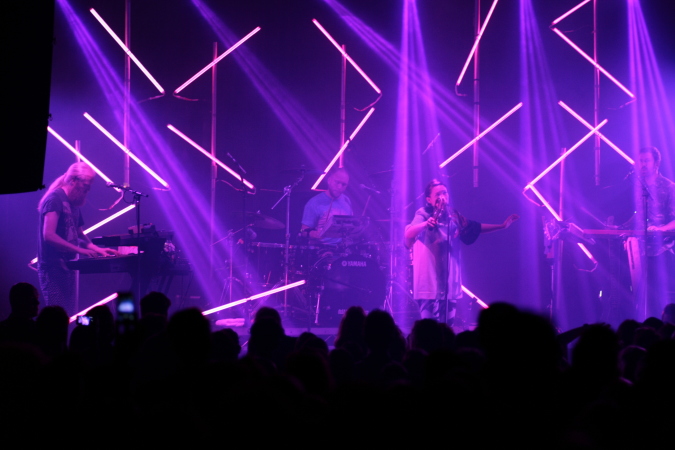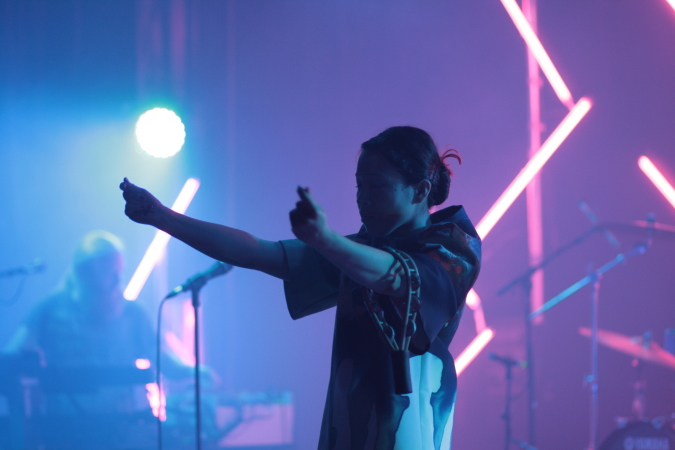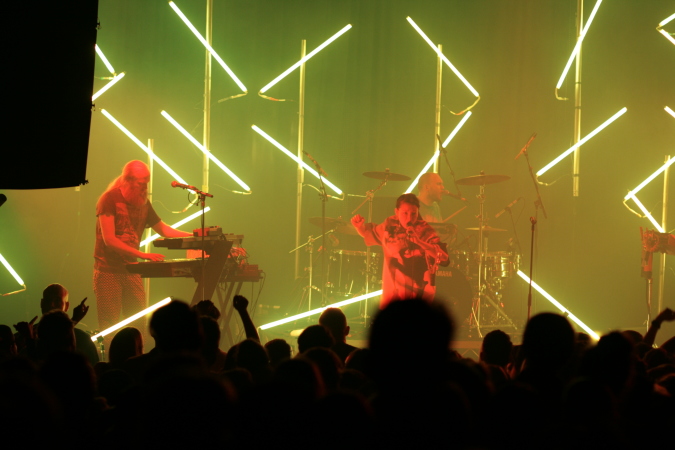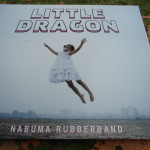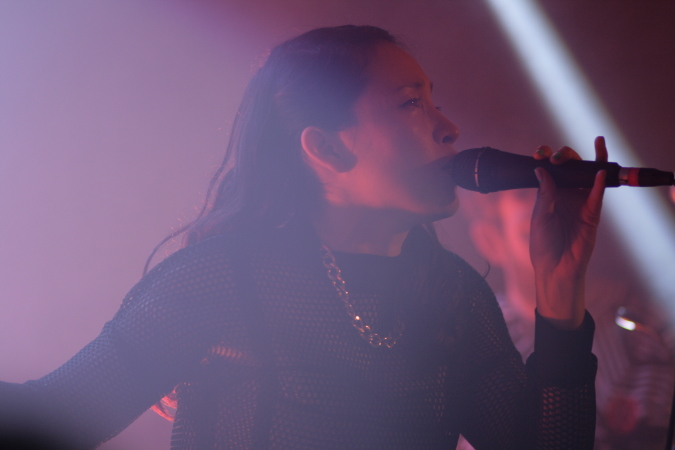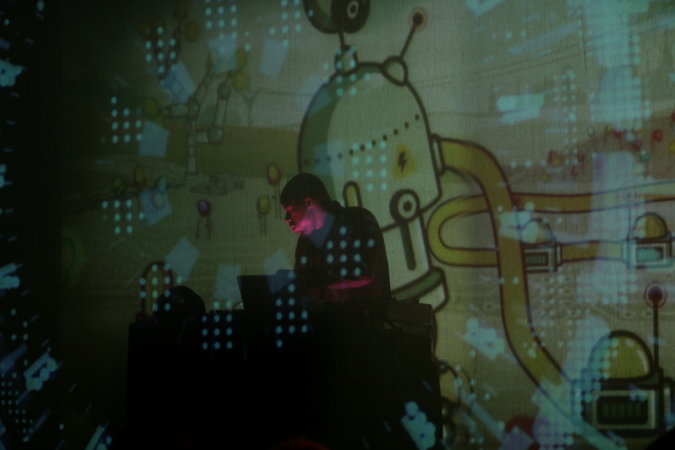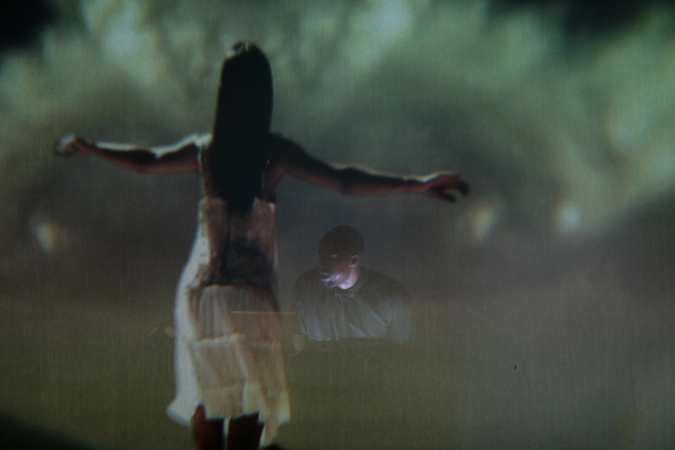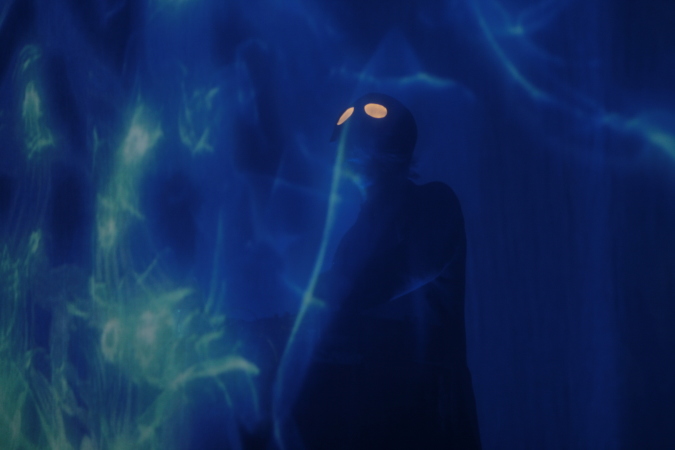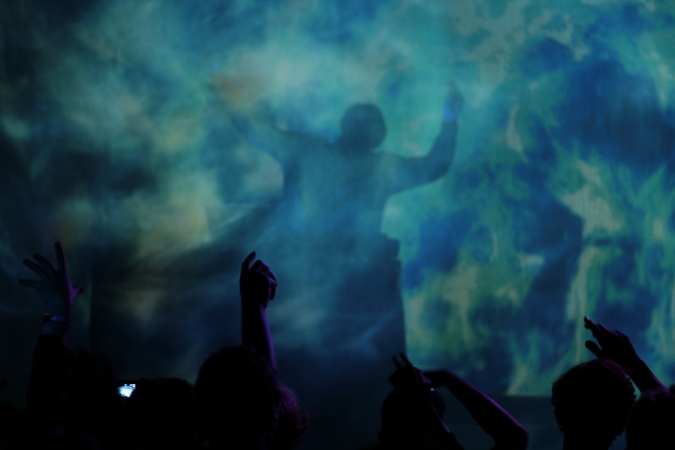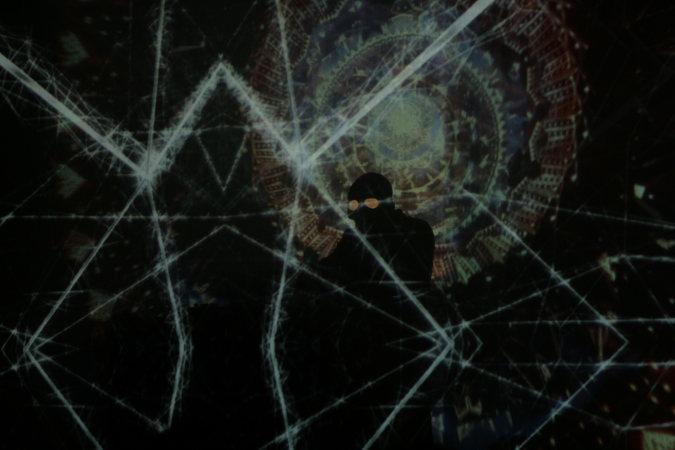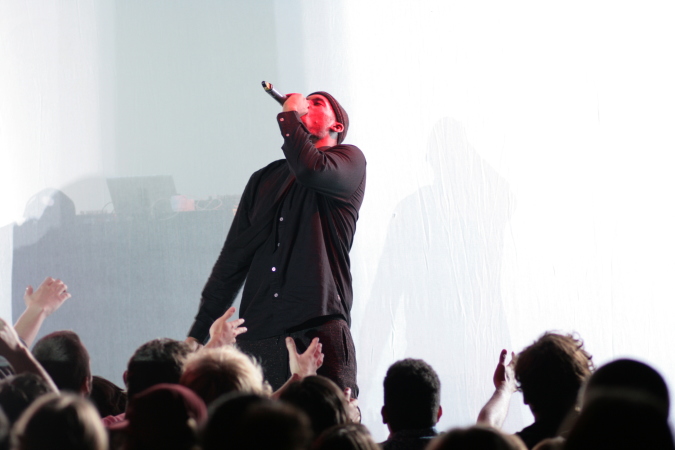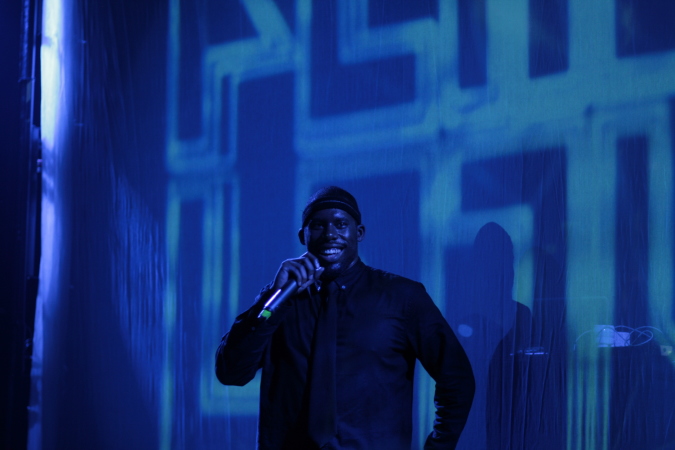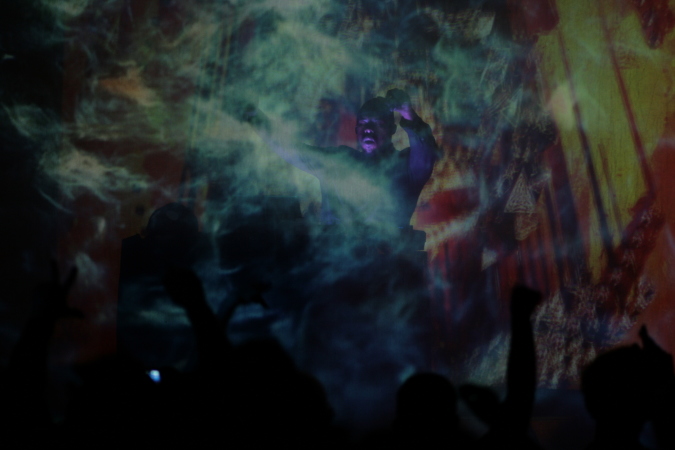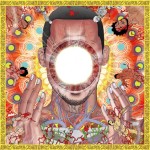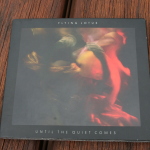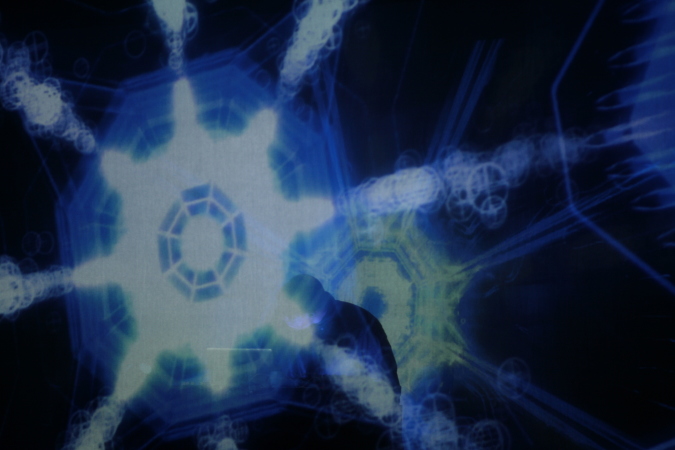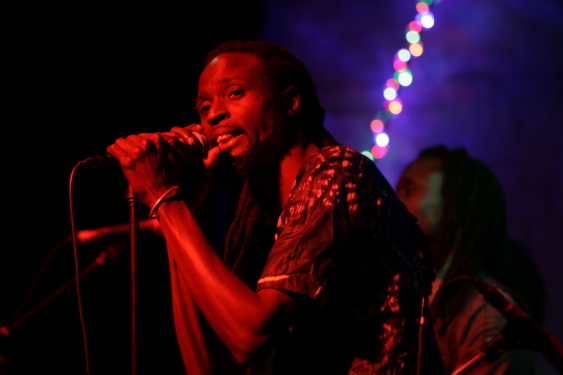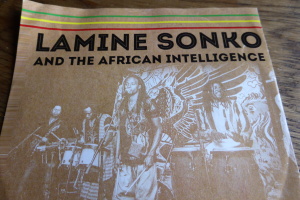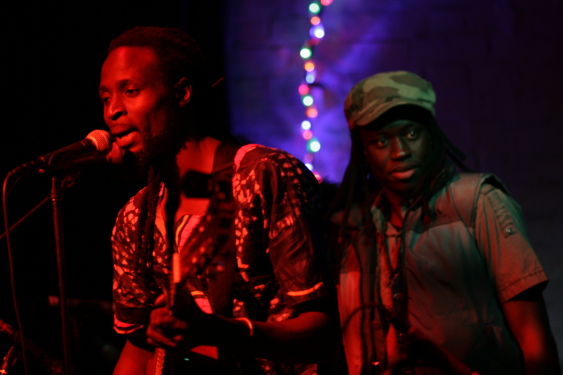Melbourne International Jazz Festival has again succeeded in bringing some of the world’s greatest musical innovators to perform on stages throughout Melbourne over 10 days; creators from all along the jazz continuum – some whose music we’ve known and loved for our entire lifetime so far, others whose new music we’ll benefit from knowing better and may very well love for the rest of our lifetime to come.
Amongst the 129 festival events making up the musical feast on offer, opening weekend saw performances by the Robert Glasper Trio and Gary Bartz Quartet; as well as a screening of the film Miles Ahead– which has only just arrived in a few Australian cinemas.
The final days of the festival feast, the ones I was blessed to experience first-hand, included live performances by “modern masters” Eddie Palmieri and the Wayne Shorter Quartet – and contemporary “jazz explorers” Snarky Puppy and Marcus Strickland’s Twi-Life. Every single musician who performed with those groups, representing 60+ decades of music, was an absolute delight to hear live.
x
Eddie Palmieri Latin Jazz Septet
Puerto Rican-born Eddie Palmieri has over 60 years experience as a piano player, composer, bandleader and innovator in Latin jazz and salsa music. His performance at Hamer Hall stunningly showcased the full breadth and depth of that experience.
He began his MIJF show with a piano solo of “Life” – a deeply moving song written for his wife before she passed. From the first of every magnificent note he played during those first few minutes I was completely immersed in the experience; present in the heart-wrenching emotions his playing stirred up inside me.
Those feelings quickly turned to joy when Eddie Palmieri’s seasoned band joined him on stage for the second song – beginning an upbeat, energetic party that didn’t stop until the last beat of the encore.
Jonathan Powell on trumpet – Louis Fouche on alto saxophone – Vincente “Little Johnny” Rivero on congas – Camilo Molina on timbales – Nicky Marrero on bongo/timbalitos and Luques Curtis (the youngest in the group) on bass.
When the party started many sitting in the theatre crowd were quick to grab the rare opportunity to move onto the dance floor created front-of stage for this show only.
Appreciators of the group’s musicianship got to watch the hands, feet, faces and smiles of the seven musicians on stage up-close and in awe. Dedicated salsa dancers became frustrated at the lack of space to dance “salsa-proper” with a partner. But most people got to dance exactly how they wanted – salsa, Australian-Style – ie. any way they feel to. This inspired Eddie Palmieri to say something I wasn’t surprised by – “You don’t dance like any other crowd I’ve seen before”.
Check out video snippets from the show here:
x
Marcus Strickland’s Twi-Life
Marcus Strickland’s Twi-Life shows is one of countless examples of Melbourne International Jazz Festival keeping its finger on the contemporary music pulse; always maintaining a revolving door of interconnected performing artists ready to share their new music projects. Having performed at the 2015 festival with Chris Dave and the Drumhedz Marcus Strickland went home to the U.S. and finished recording his new album Nihil Novi with Bob Power, Meshell Ndegeocello and Twi-Life. In their good judgment the festival brought him back in 2016 to share those new sounds with Melbourne audiences.
x
Marcus Strickland’s Twi-Life performed four intimate shows at Bennetts Lane: featuring Keyon Harrold on trumpet, Charles Haynes on drums, Kyle Miles on bass and Mitch Henry on organ and keys.
The connection between these five musicians and the inspiration they gleaned from playing together was palpable. They share a lot including a long personal and professional history together; experience in composing and producing as well as playing, and importantly; a shared view that music is music – an expression of themselves and the combined sum of all their many musical and other influences- free from the limitations of genre labels, expectations and boundaries imposed by others.
All that matters is that they express their voices in music – and that people feel it. And judging from the good-vibes mood and big smiles on everyone’s faces (including mine), I’d say Marcus Strickland and Twi-Life most definitely achieved that in abundance at Bennetts Lane.
x
Marcus Strickland audiences got the special bonus of hearing he and Twi-Life perform a beautifully-haunting new song by Keyon Harrold called “Lullabye” (video footage of the first half of the song below). And folks who made it to the Arts Centre for MzRizk’s daytime interview with Strickland and Harrold were played a recording of another new killer track from Keyon Harrold’s forthcoming album, featuring prolific hip hop producer and vocalist Georgia Anne Muldrow.
It seems only natural that the revolving festival door will bring Keyon Harrold back in 2017 to perform his new album live.
Click on these links to read interviews with Marcus Strickland and Keyon Harrold in the lead-up to Melbourne International Jazz Festival 2016.
x
Snarky Puppy
I’m not gonna talk about the music Snarky Puppy played at The Forum– except to say I appreciated it and the musicianship with which it was played. Check out a tiny video snippet from the show yourself:
Instead I want to share something else I appreciated about my Snarky Puppy experience. And that’s the encouragement bandleader and bass player Michael League gave the crowd throughout the night to make the right choices in supporting music and the artists who make it.
It began with Canadian support act Michelle Willis. She was accompanied by League on bass and Mark Lettieri on guitar – with League introducing her as a talented independent artist they kidnapped to bring on tour with them so people could hear her music.
More encouraging words came during Snarky Puppy’s set when League took time to talk about the ways people choose to consume music today, the importance of supporting artists by going to their shows and buying albums – and the efforts the group makes to support independent artists through their own GroundUP Music Label.
Hopefully it ended up with everyone buying a Snarky Puppy, Bill Laurance, Mark Lettieri, Charlie Hunter or GroundUP compilation cd on their way out of the venue. If so they would’ve been in the foyer with the band to hear and smile at the “woh-oh-ohhh-oh-oh-ohhh” melody from the song “Shofukan (We Like It Here)” which a group of fans coming from the show spontaneously broke into.
Listen here to a dirty mp3-only sample of a Snarky Puppy song from their latest album Culcha Vulcha– and buy an uncompressed, hard copy of the complete album here.
“Grown Folks” by Snarky Puppy
x
x
Wayne Shorter Quartet
Joining Wayne Shorter on stage at Hamer Hall on closing night of the festival was Brian Blade on drums, Danilo Pérez on piano and John Patitucci on bass.
The one and only word I need to describe the 90-minute musical journey with the Quartet that followed is exquisite.
It was a joy to see and hear the pleasure and inspiration all four musicians took in listening to each other, playing and bouncing off each together and in connecting – with each other and by consequence, the audience.
Check out some video snippets from the show here:
x
Future Modern Masters of Melbourne International Jazz Festival
Every live music experience I had at Melbourne International Jazz Festival 2016 left me feeling happy, high, energised and inspired…as live music experiences should. Blessed am I and every other festival participant for their own experiences.
I’m certain many of this year’s performing artists are making music now that will be known, loved, remembered and cherished for a very long time to come, maybe even forever-after. I guess that in 20 years+ time some of the “modern masters” programmed at future festivals will be the “jazz explorers” performing in these years now. That makes me excited about all Melbourne International Jazz Festivals still to come.

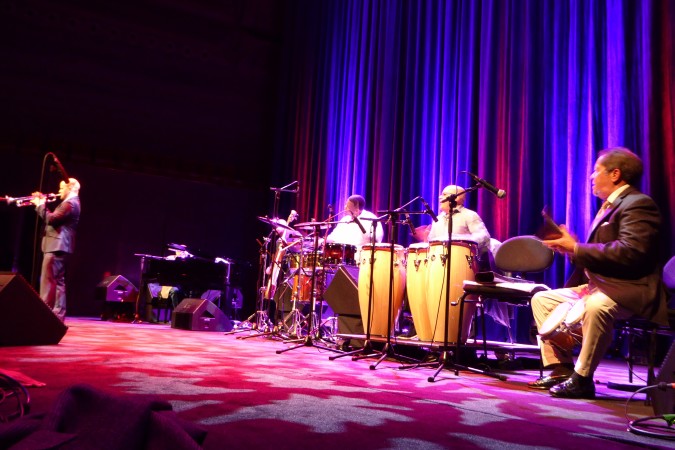
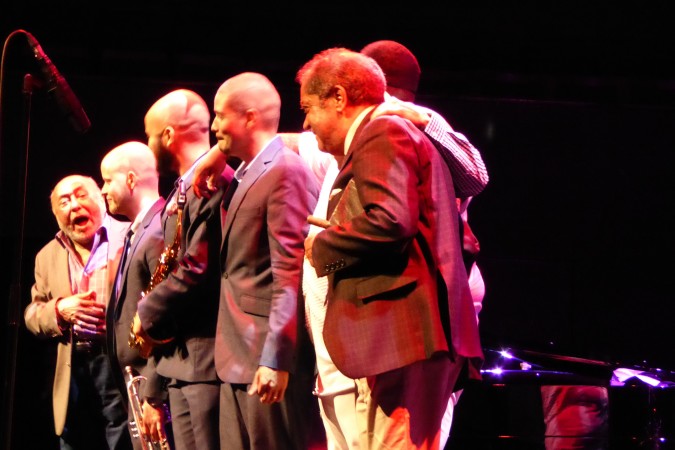
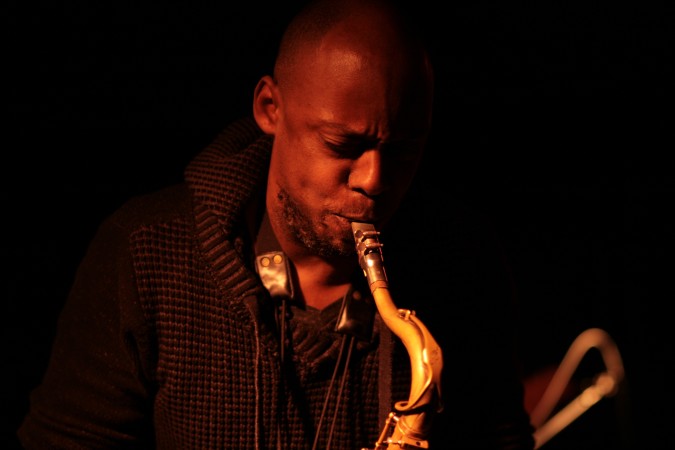
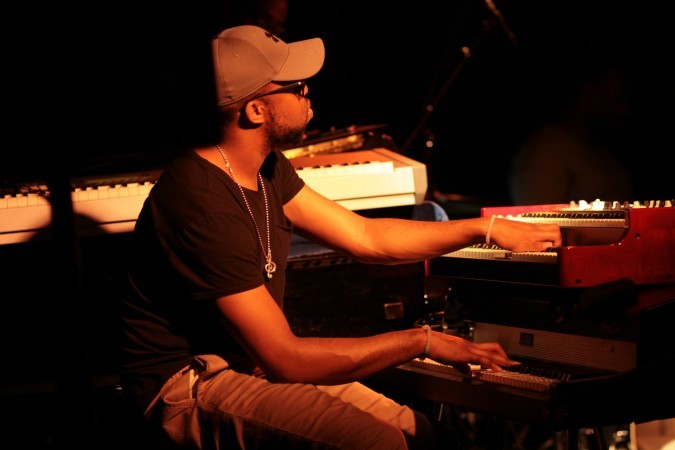
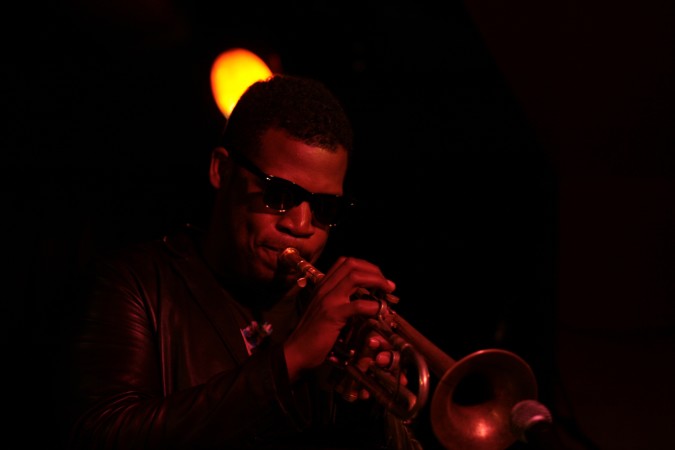
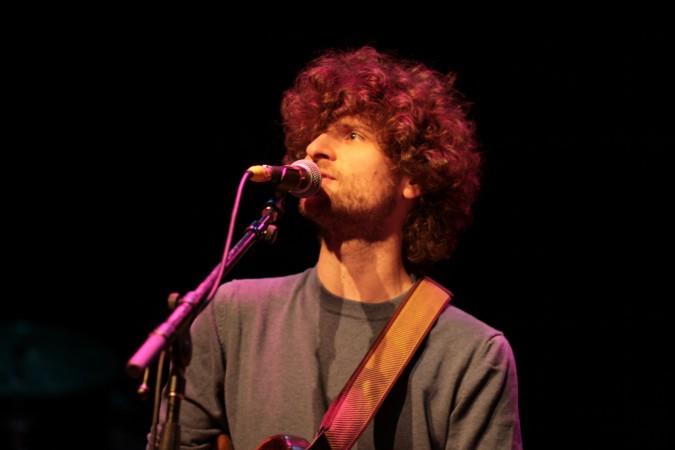
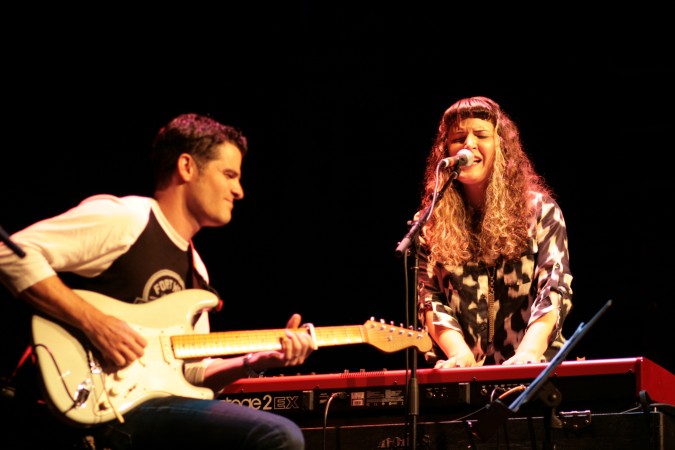
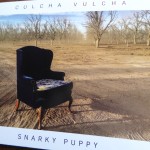
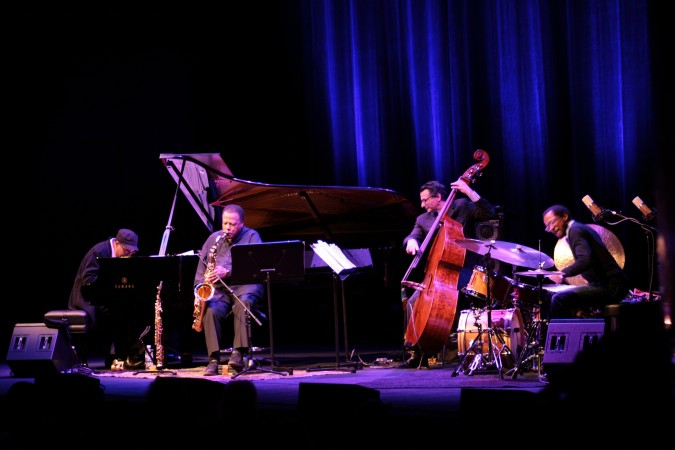
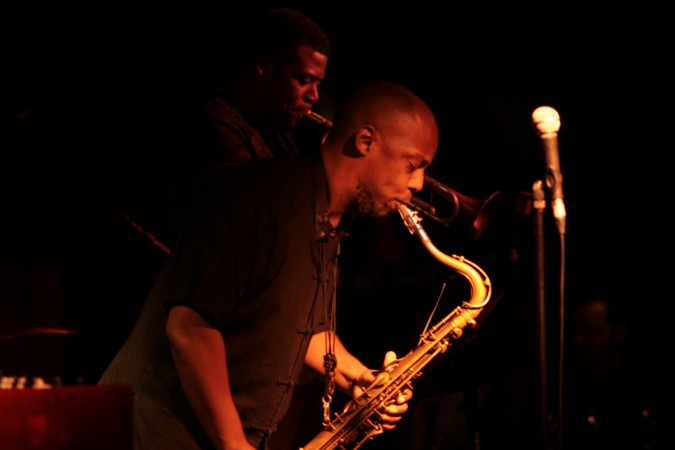
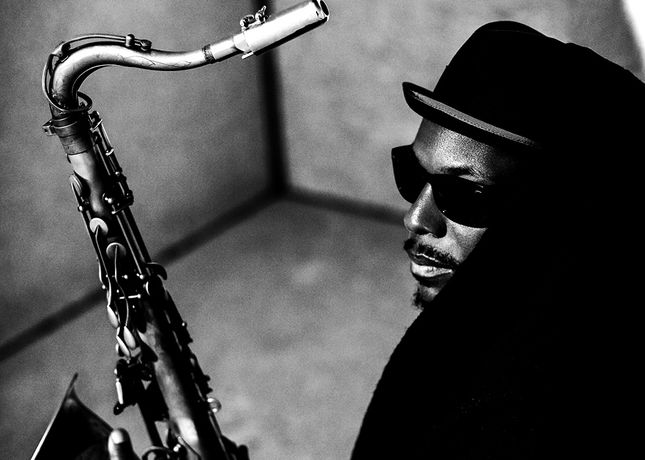

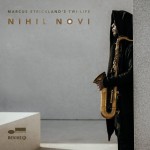
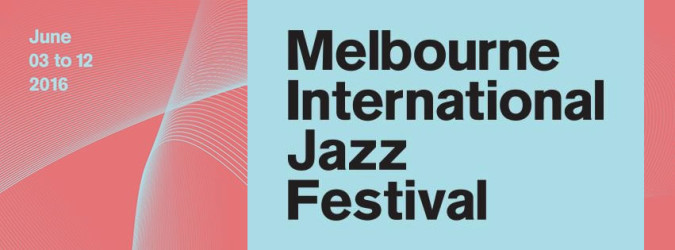
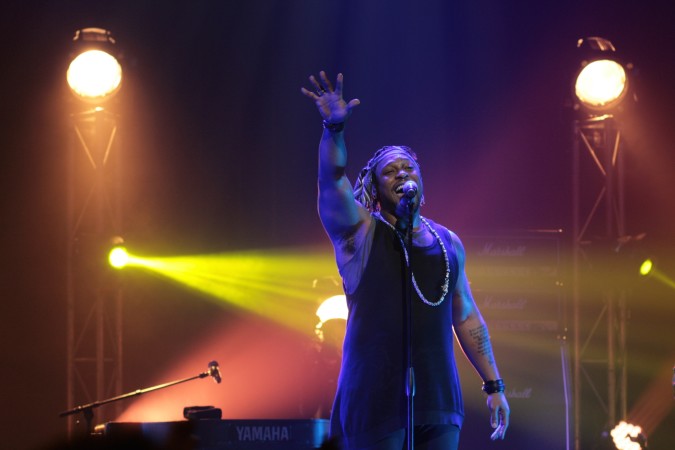
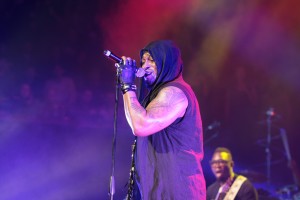
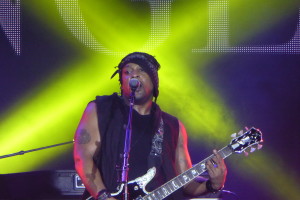
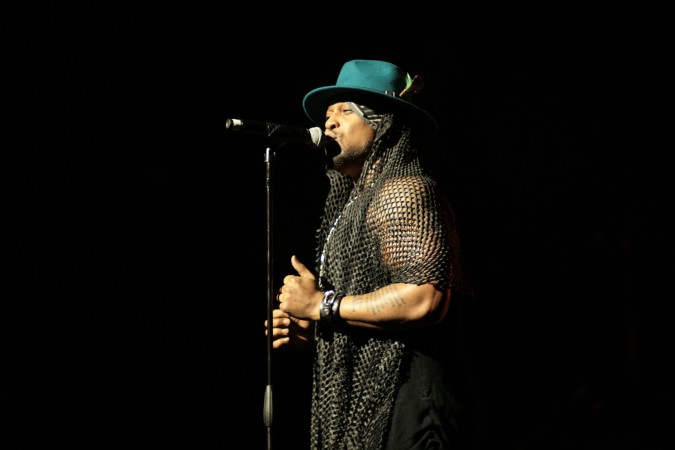
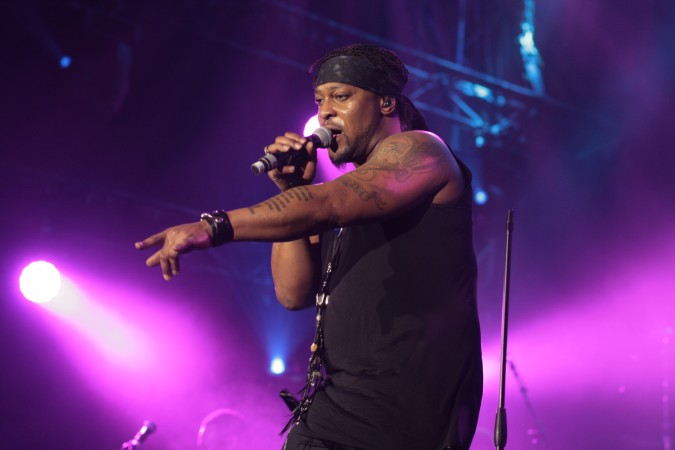

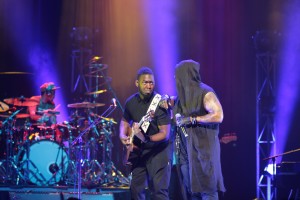
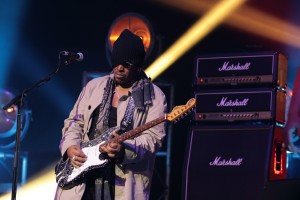
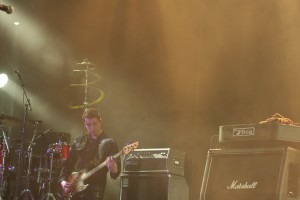
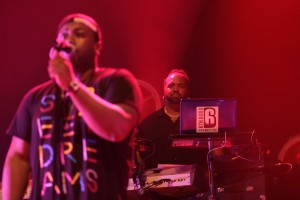
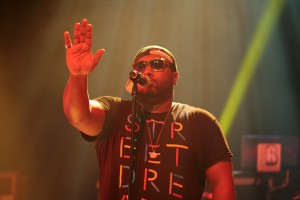
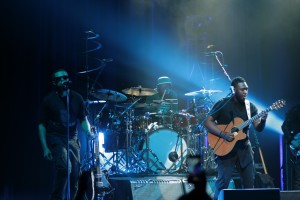

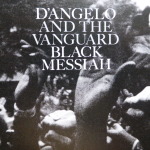
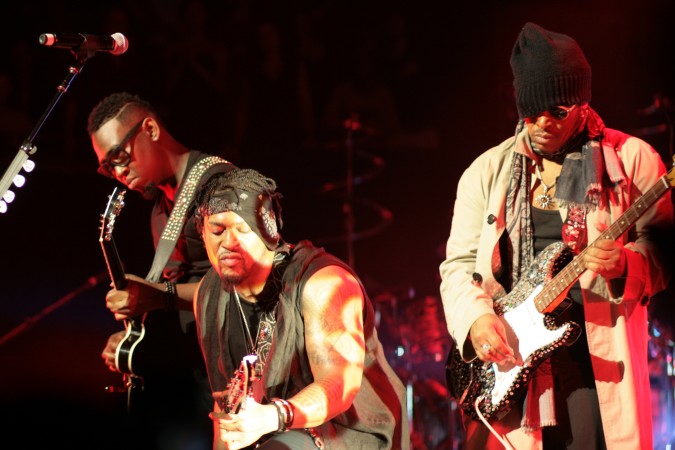
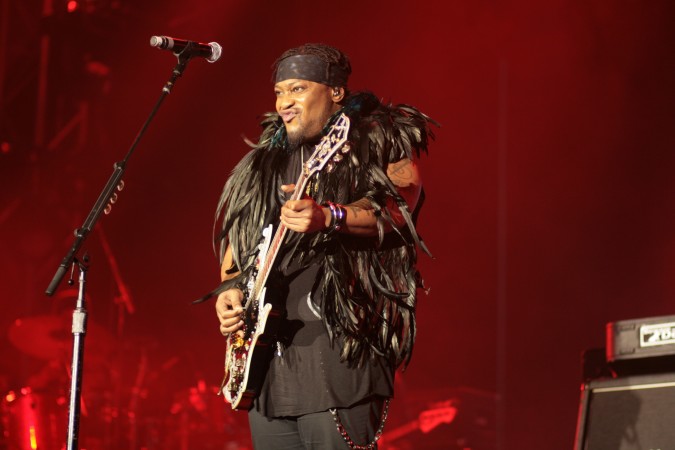
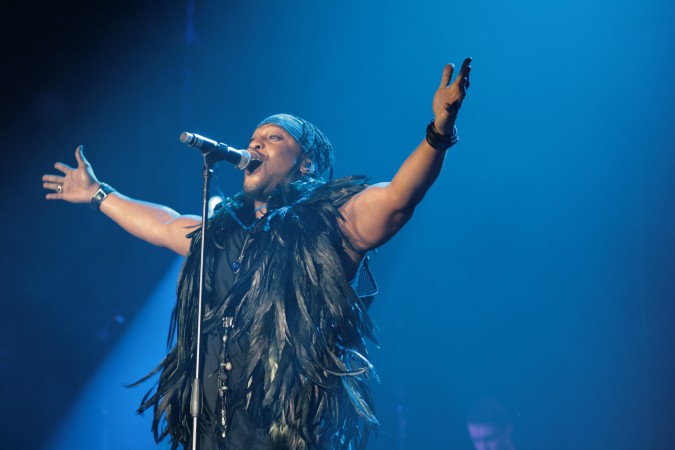
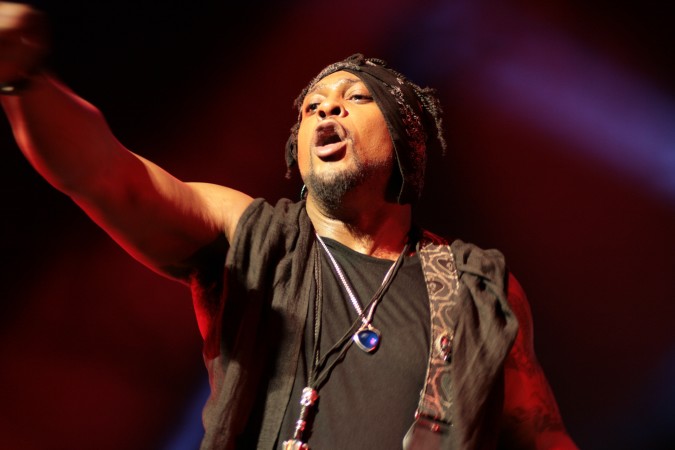
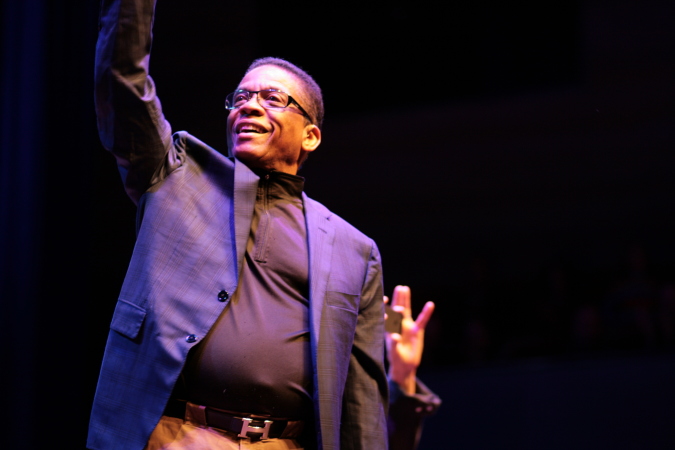
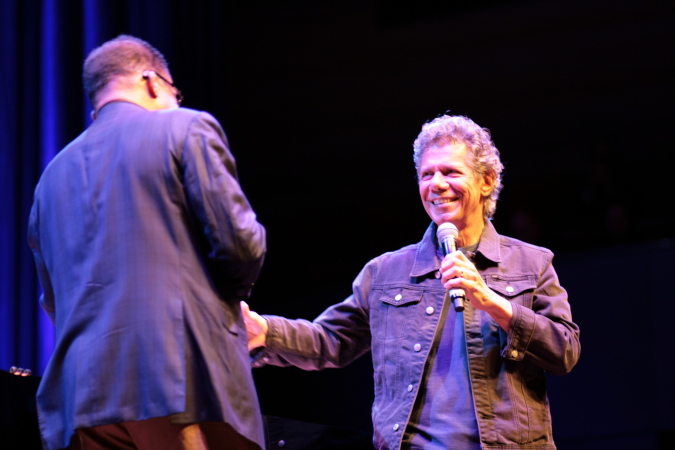
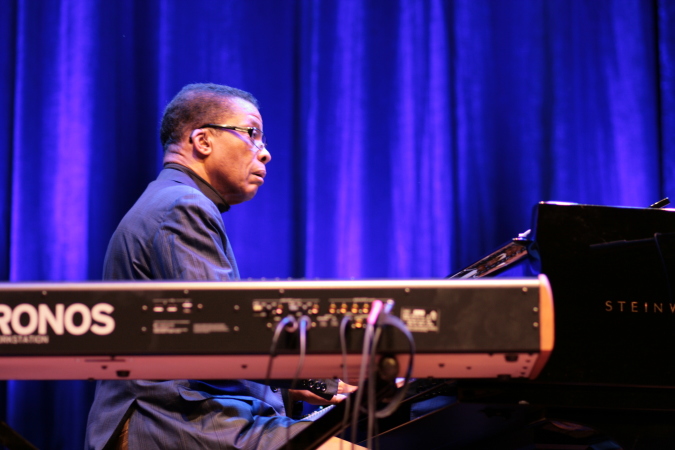
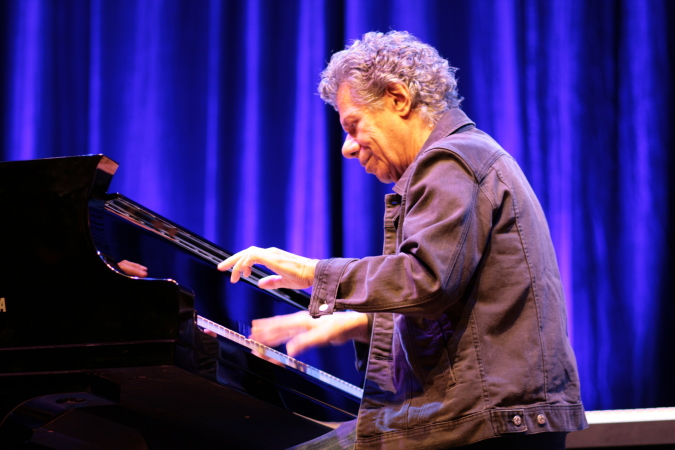
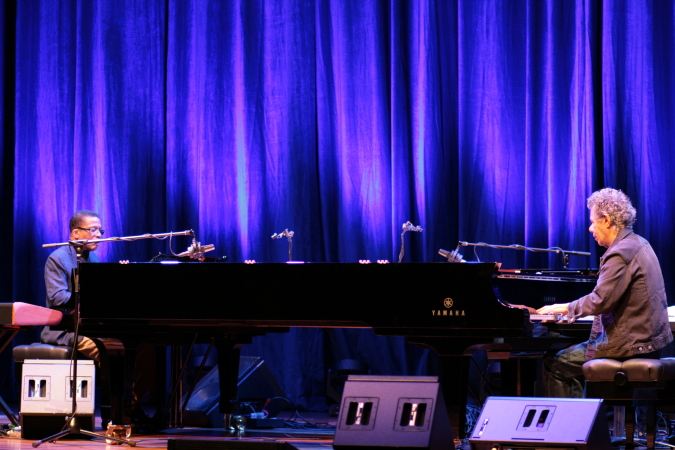
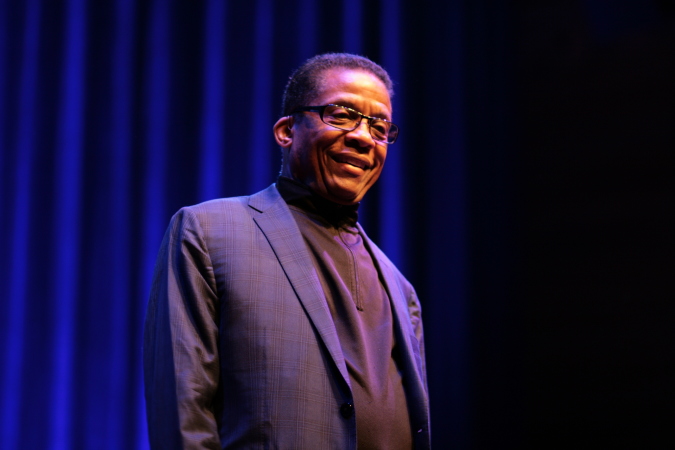
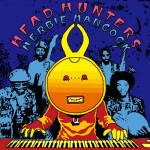
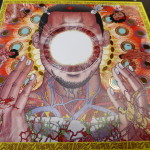
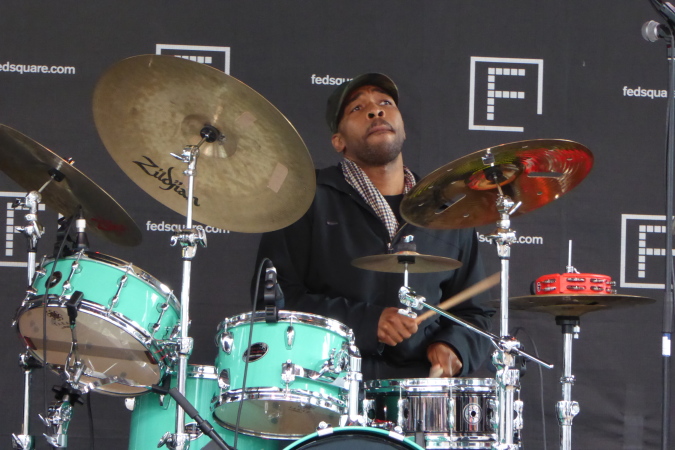
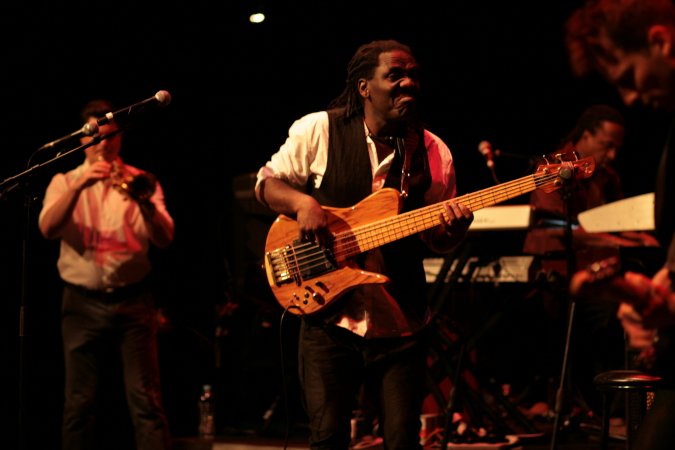
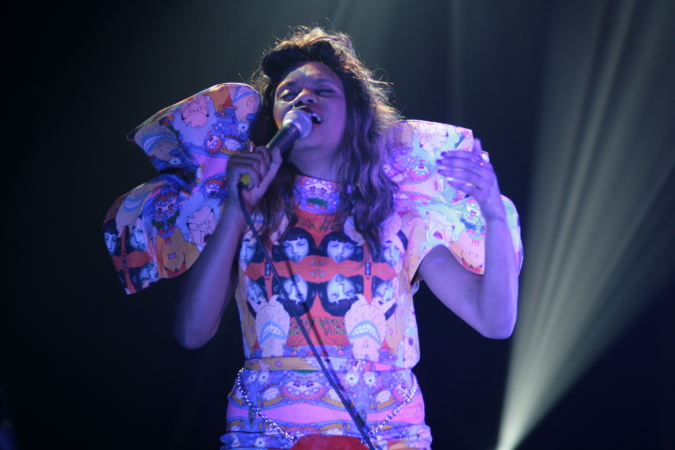
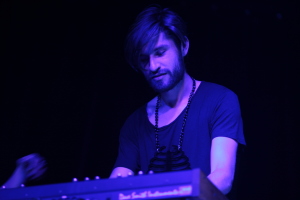
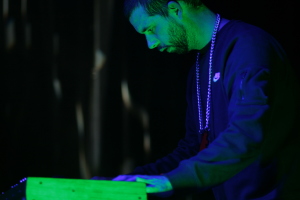
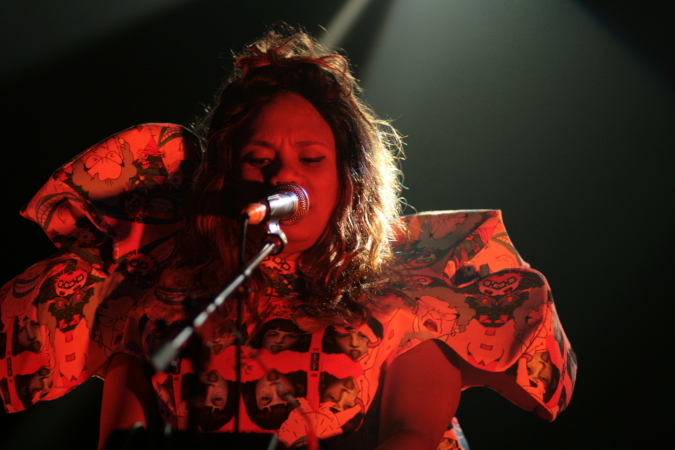
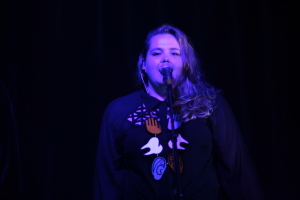
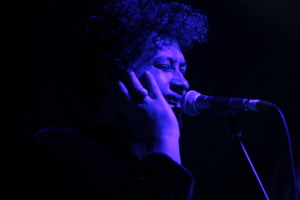
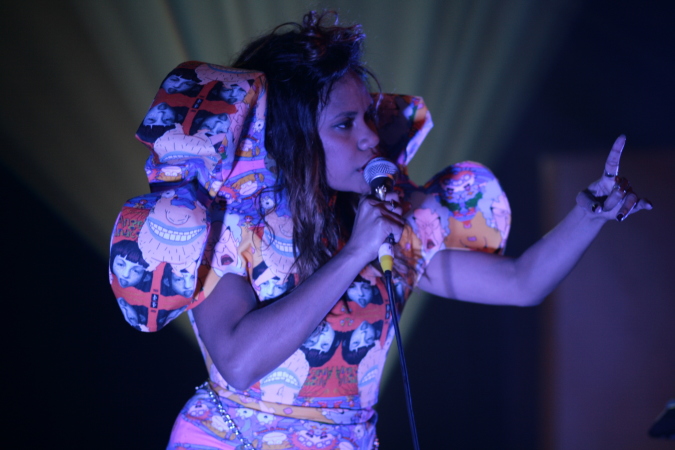
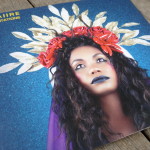
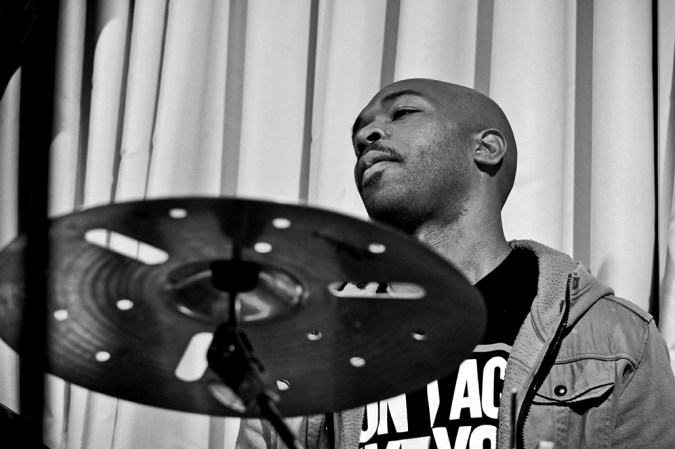
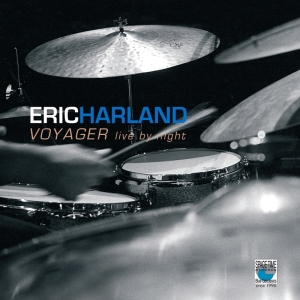
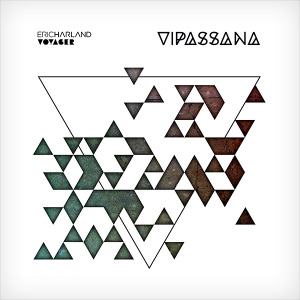
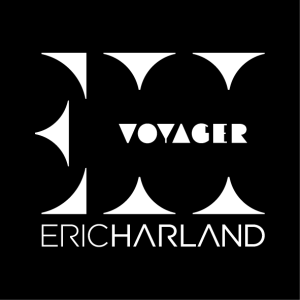 You can also hear Eric Harland playing at Bennetts Lane on Friday night with the
You can also hear Eric Harland playing at Bennetts Lane on Friday night with the 